Generic
How to Protect Your Hearing in a Noisy World
By Team Hearzap | Oct. 16, 2024
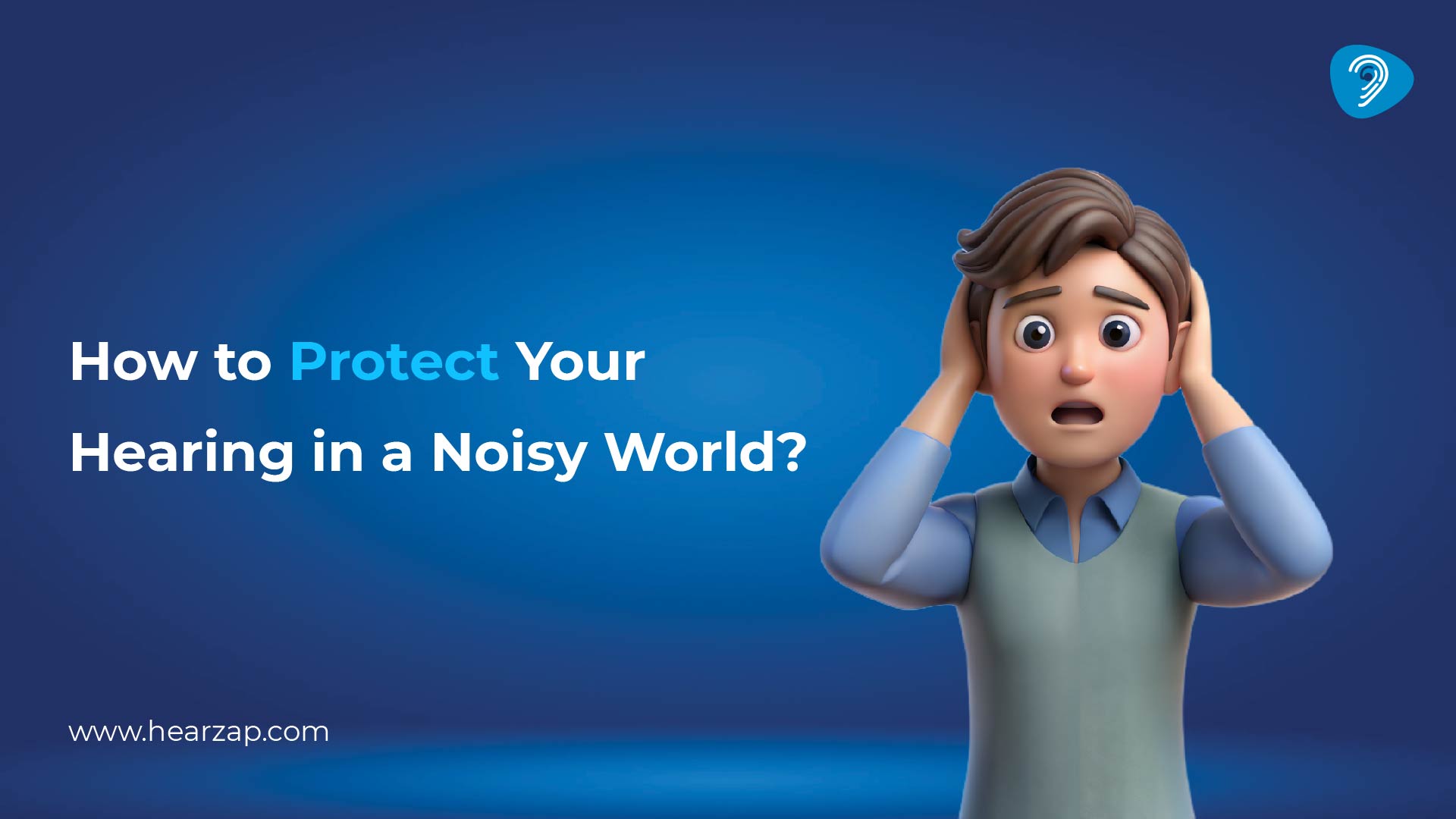
In today's world, we're constantly surrounded by loud noises, whether at work, during our commute, or even in our leisure activities. Regardless of profession or lifestyle, protecting our hearing has never been more important. By understanding how noise affects our hearing and taking proactive steps, we can safeguard our hearing health for the long term. Let's dive deep into to what is noise and How to Protect Your Hearing in a Noisy World.
What is Noise?
All sounds travel as waves that our ears detect. The louder the sound, the harder these waves hit our eardrums. Noise refers to any sound that could harm your hearing by damaging the tiny, delicate parts inside your ears.
Exposure to smaller sounds over a long period can gradually affect your hearing, but extremely loud sounds can cause damage instantly. Whether it's sudden or long-term, noise can pose a serious risk to your hearing health.
What Are Dangerous Noise Levels?
Not all noise levels are risky, but sound becomes harmful when it reaches a certain threshold. Noise is measured in decibels (dB), and levels above 85 dB can begin to damage your hearing, especially with extended exposure. For example, heavy traffic or noisy places often register around 85 dB, and using power tools can produce sounds around 100 dB, which can be harmful within minutes. At 120 dB or more, such as during a firework display, the noise can cause immediate damage to your ears.
A good rule of thumb is that if you find yourself having to raise your voice just to have a conversation, it’s likely that the noise level in your environment is too high for your hearing to remain safe. This indicates that the surrounding sound is at a level where it can potentially damage your ears over time. Continuous exposure to such loud environments can lead to hearing loss, making it crucial to recognize these situations early.
How Loud Noises Can Affect You
Prolonged exposure to loud sounds can cause several ear-related issues. One common outcome is hearing loss, where the delicate hair cells in the inner ear become damaged and can no longer pick up sound effectively. This type of damage is permanent, as those hair cells do not regenerate. Another frequent issue is tinnitus, a constant ringing or buzzing in the ears, which can be frustrating and affect daily life.
Exposure to loud environments may also lead to ear pain or a sense of fullness in the ears, which can temporarily affect your ability to hear properly. Additionally, loud sounds can increase stress levels, trigger headaches, and reduce focus, making it harder to work or rest.
Steps to Protect Your Hearing from Loud Noise
Taking proactive steps can help preserve your hearing in noisy environments. Here are some simple but effective ways to protect your ears:
Use Earplugs or Noise-Cancelling Headphones: When attending concerts, or working in loud environments, wearing earplugs or noise-canceling headphones can be an effective way to protect your hearing. Earplugs are designed to reduce the volume of sounds while still allowing you to hear conversations and other important noises. They can significantly decrease the intensity of sound entering your ears, helping to prevent potential damage. Noise-canceling headphones actively reduce background noise by using sound waves to cancel unwanted sounds.
Limit Exposure Time: Limiting the amount of time you spend in noisy environments is another crucial strategy for protecting your hearing. The longer you are exposed to loud noises, the greater the risk of hearing damage. To minimize this risk, take regular breaks by stepping away from the source of the noise. For instance, if you’re at a concert, take a moment to step outside or into a quieter area. These short breaks give your ears a chance to recover from the loud sounds, reducing the overall exposure time and helping to protect your hearing in the long run.
Lower the Volume: When using headphones or listening to music, it’s important to follow the 60/60 rule: listen at 60% of the maximum volume for no more than 60 minutes at a time. Listening at high volumes can cause immediate discomfort and contribute to long-term hearing damage. By keeping the volume at a moderate level and taking breaks every hour, you can enjoy your favorite music or podcasts without risking your hearing health. This simple practice can make a significant difference in preserving your hearing over time.
Maintain Safe Distances: Whenever possible, maintain a safe distance from noise sources. For example, at events, try to stand farther away from speakers or other loud equipment. The intensity of sound decreases with distance, so moving away from the source can significantly reduce your exposure to harmful noise levels. Additionally, when using machinery, position yourself at a safe distance whenever possible. This proactive approach helps minimize the risk of hearing damage in loud environments.
Regular Hearing Checkups: Schedule regular hearing tests, especially if you are often exposed to loud environments. Regular checkups allow you to monitor your hearing health and detect any early signs of hearing loss. If any issues are identified, your audiologist can provide guidance and recommend corrective actions to help preserve your hearing.
Our daily lives are filled with sounds, but not all of them are safe for our hearing. Being aware of dangerous noise levels and their impact on ear health allows us to take preventive measures. Simple steps like using earplugs, limiting exposure, and turning down the volume can go a long way in preserving your hearing. Remember, once your hearing is damaged, it can’t be fully restored, so it’s worth protecting it now.
Also Read: Symptoms of Ear Damage from Loud Noise
Related Blogs
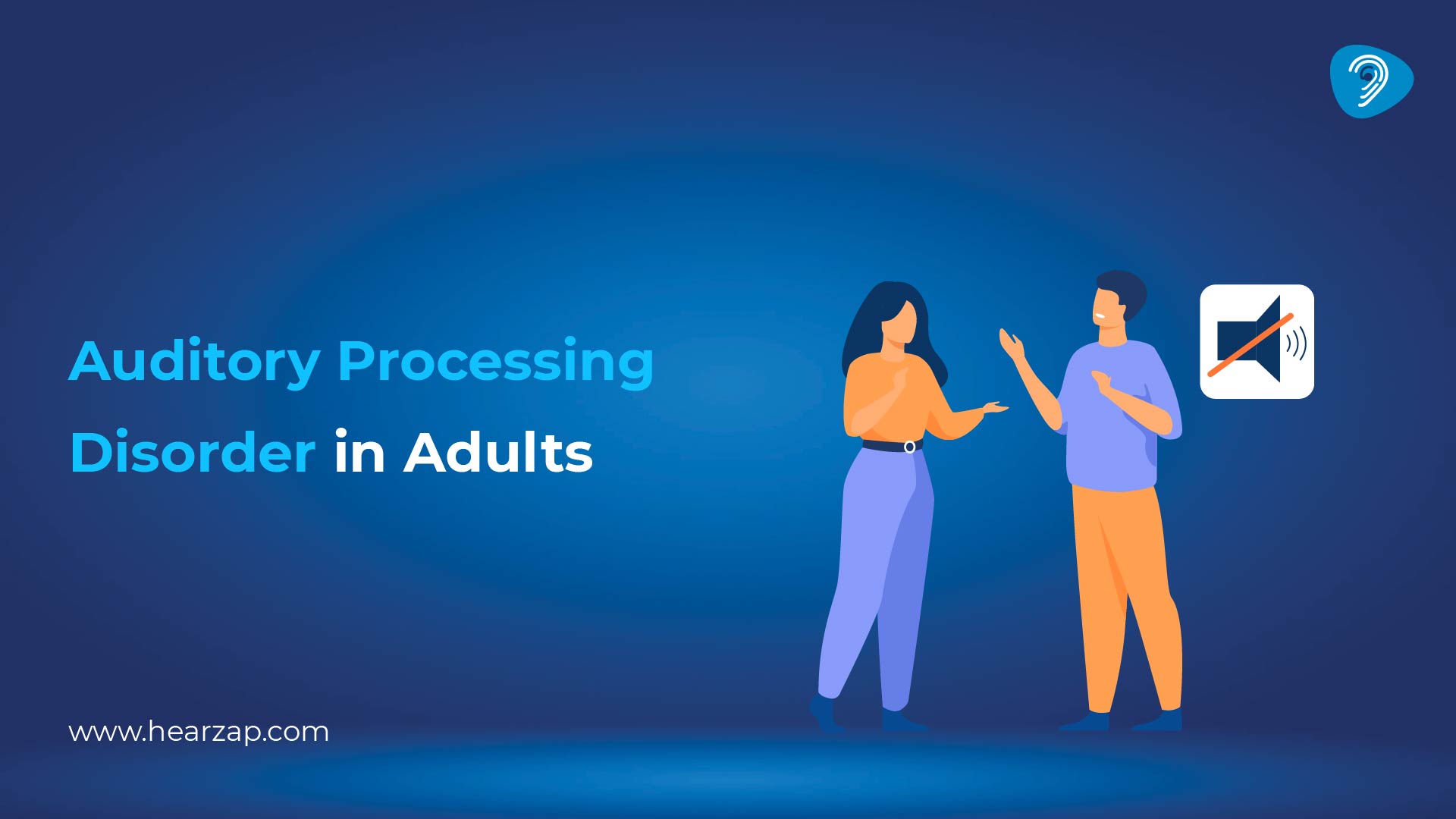
Auditory Processing Disorder in Adults: Signs, Causes & Treatment
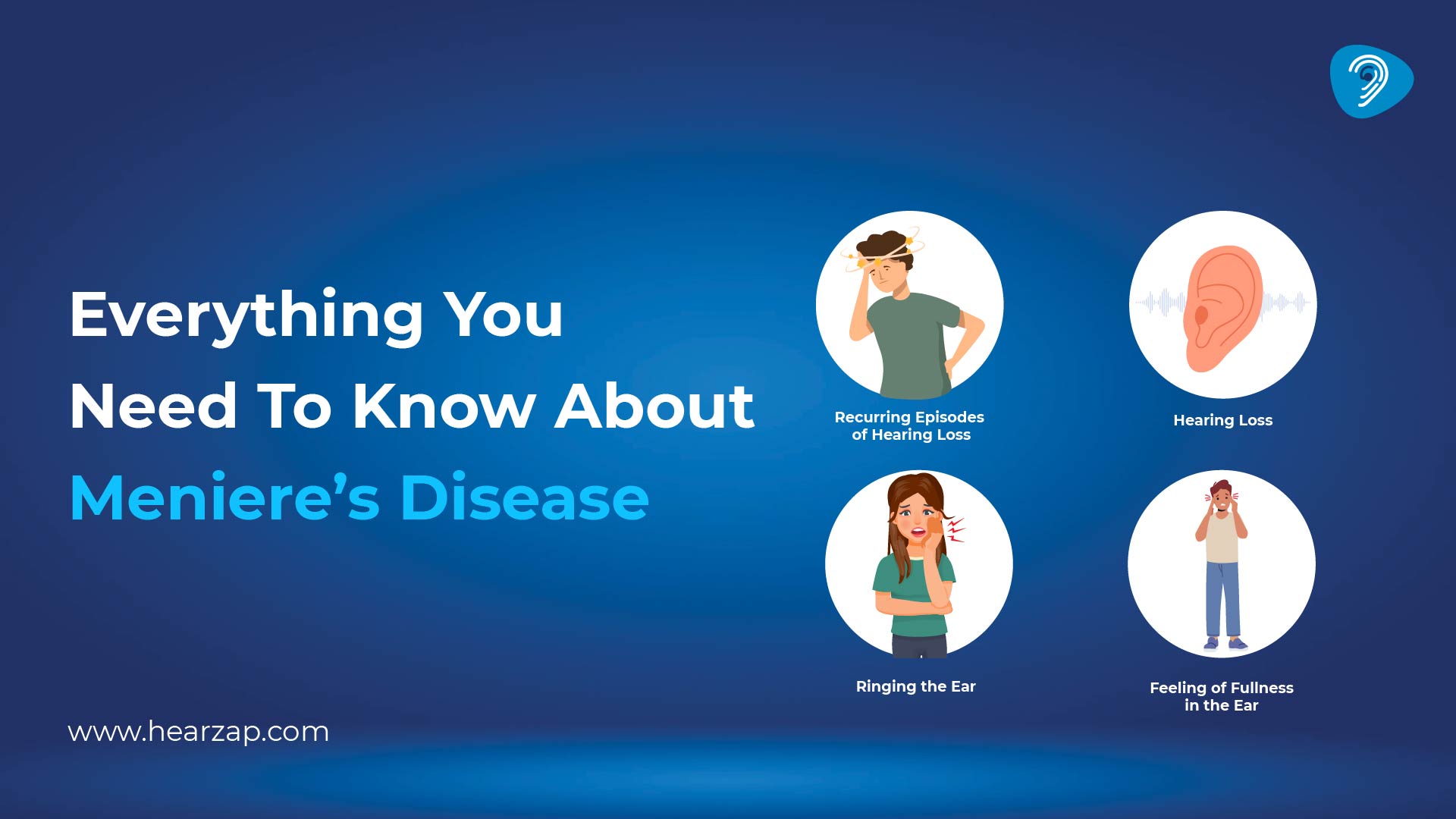
Meniere's Disease: Symptoms, Causes & Treatment
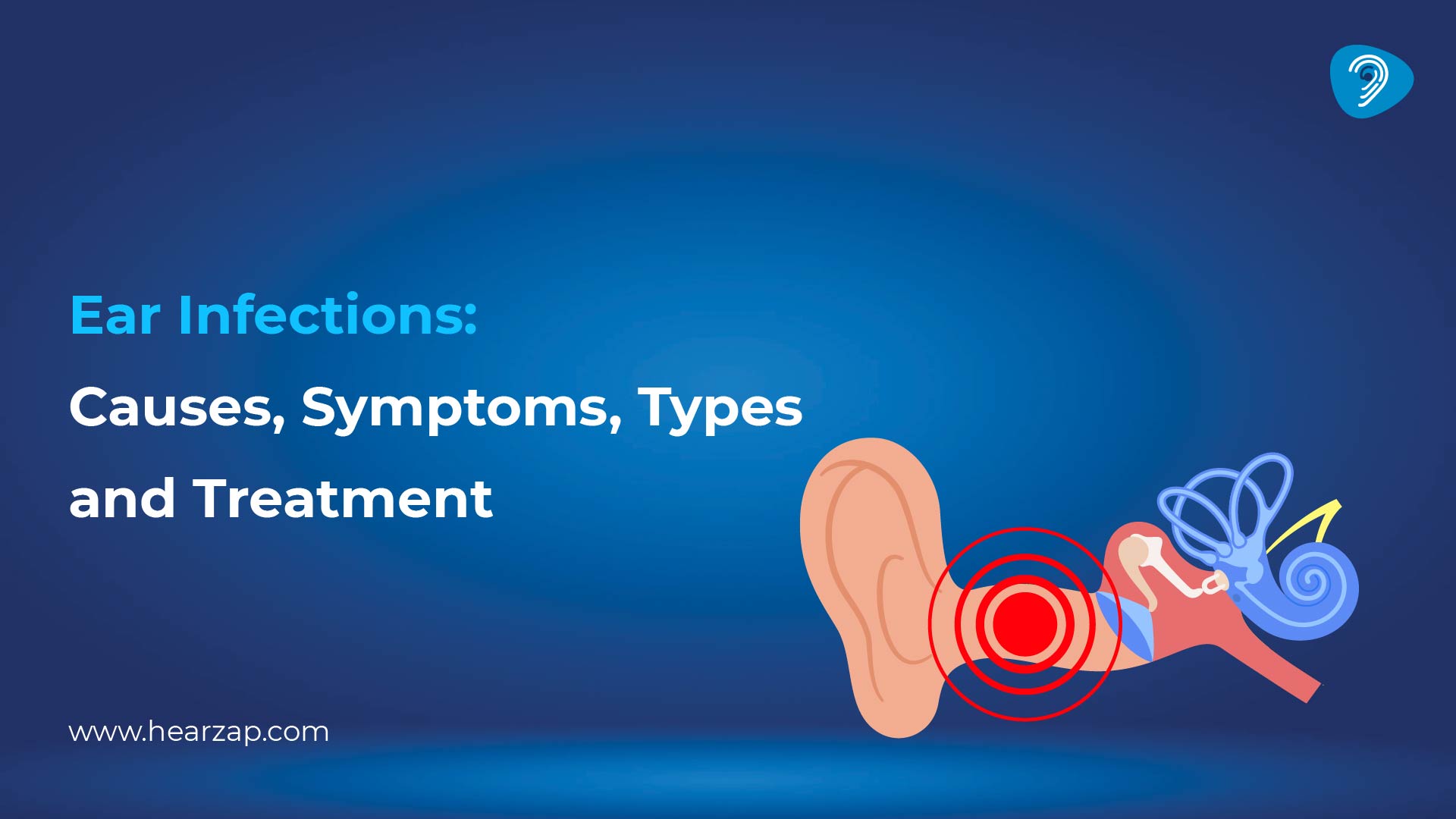
Ear Infections: Causes, Symptoms & Treatment
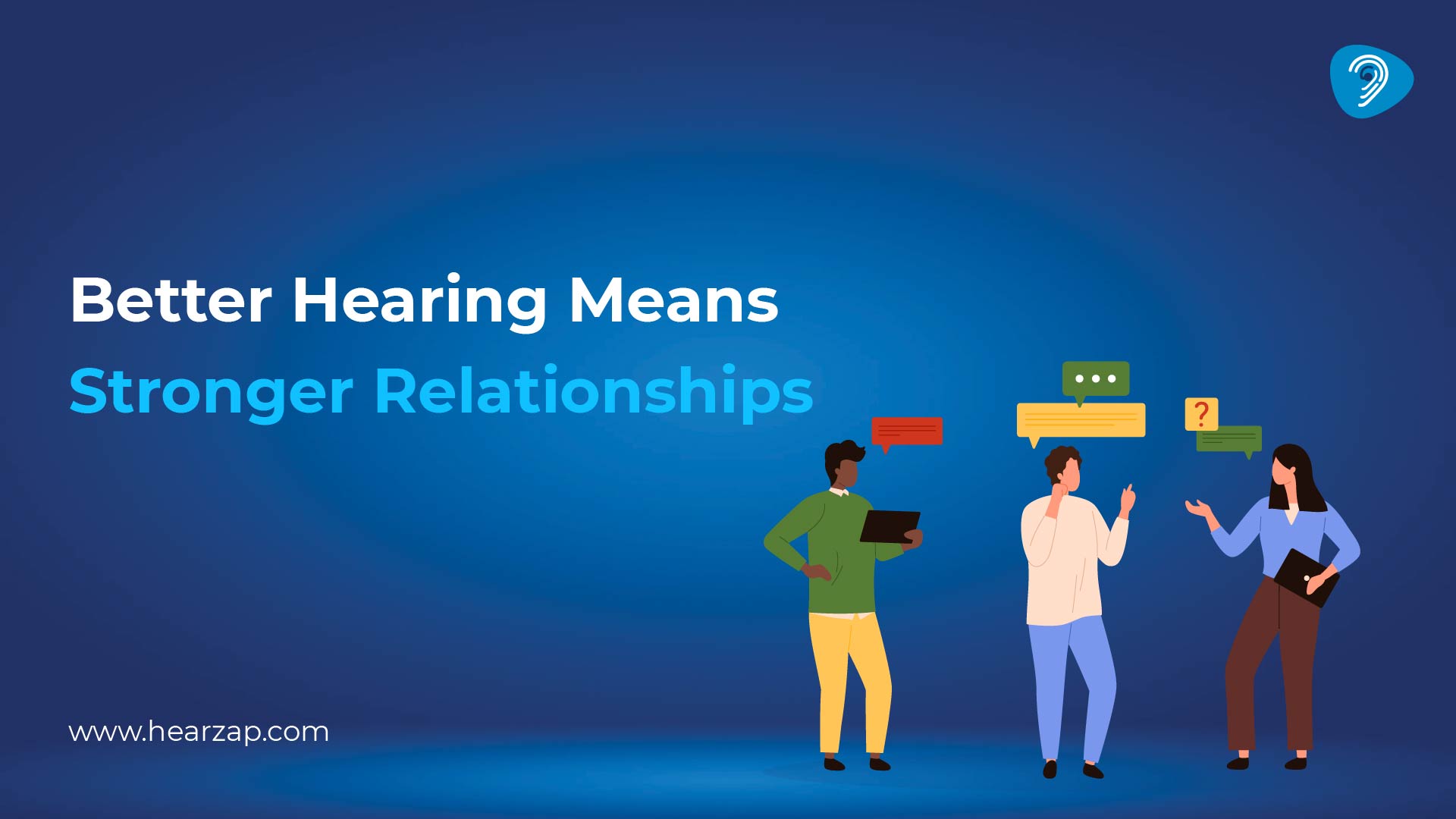
Why Hearing Loss Creates A Distance in Relationships?
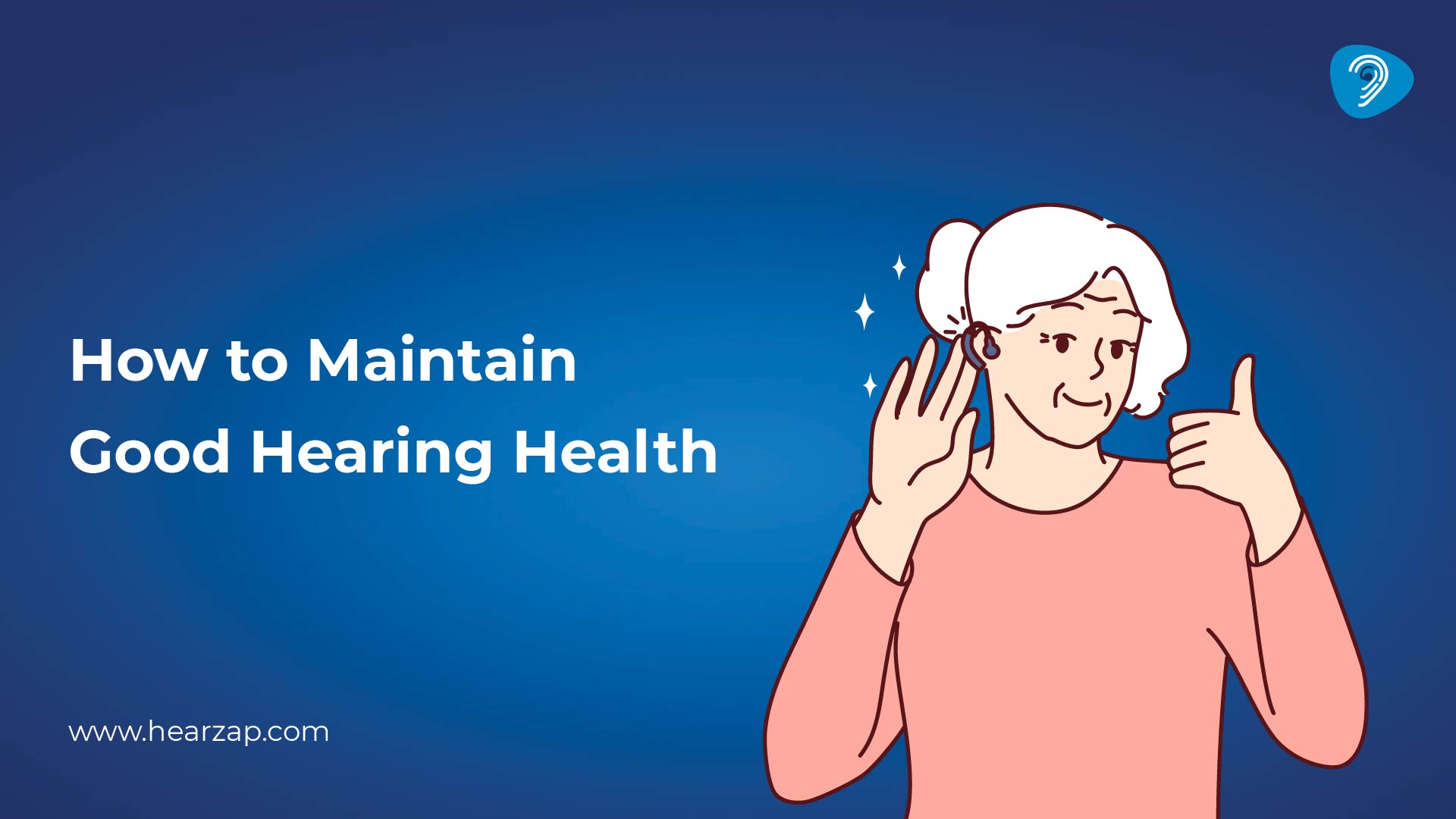
How to Maintain Good Hearing Health
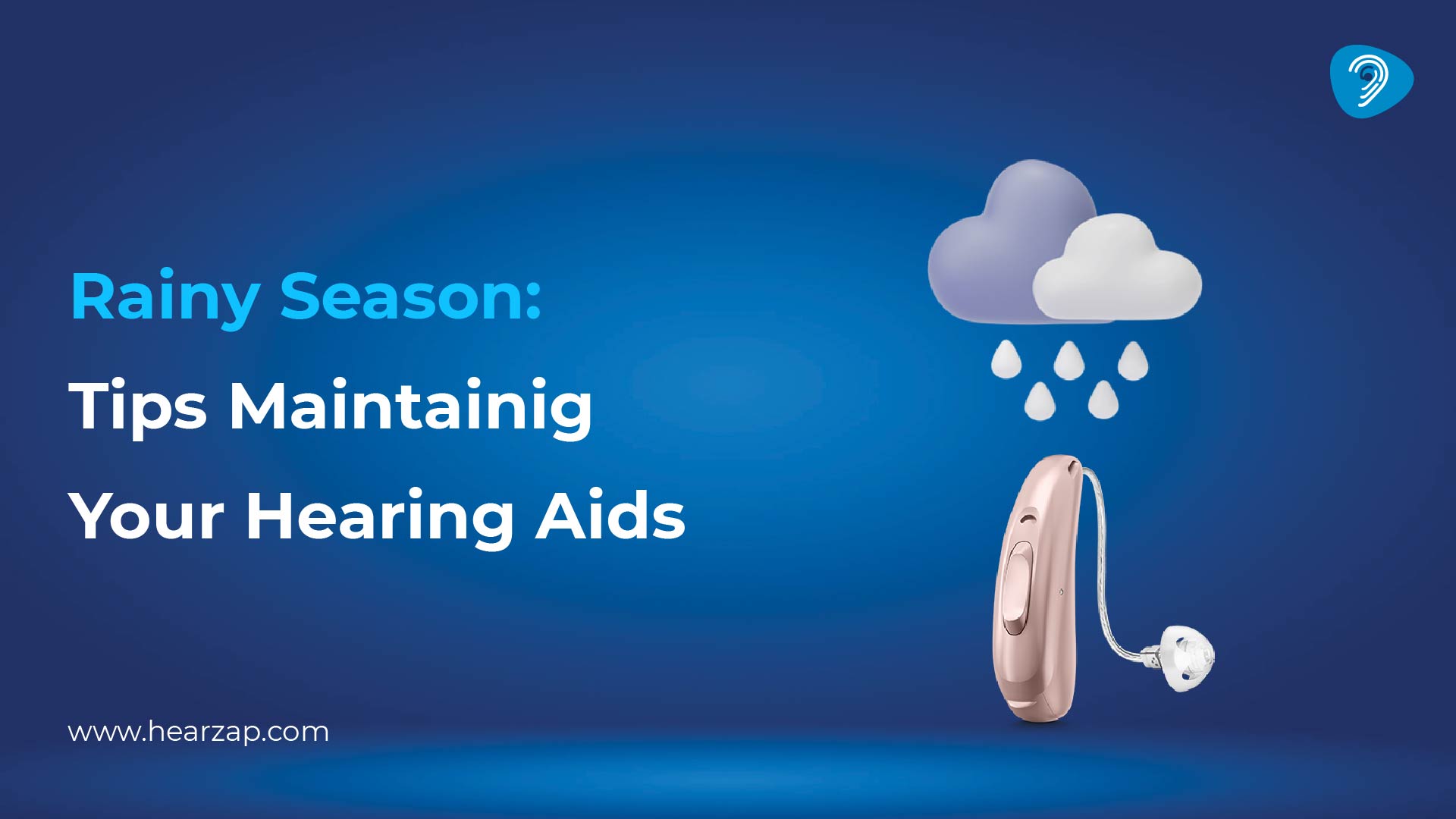
Rainy Season Tips: Caring for Hearing Aids
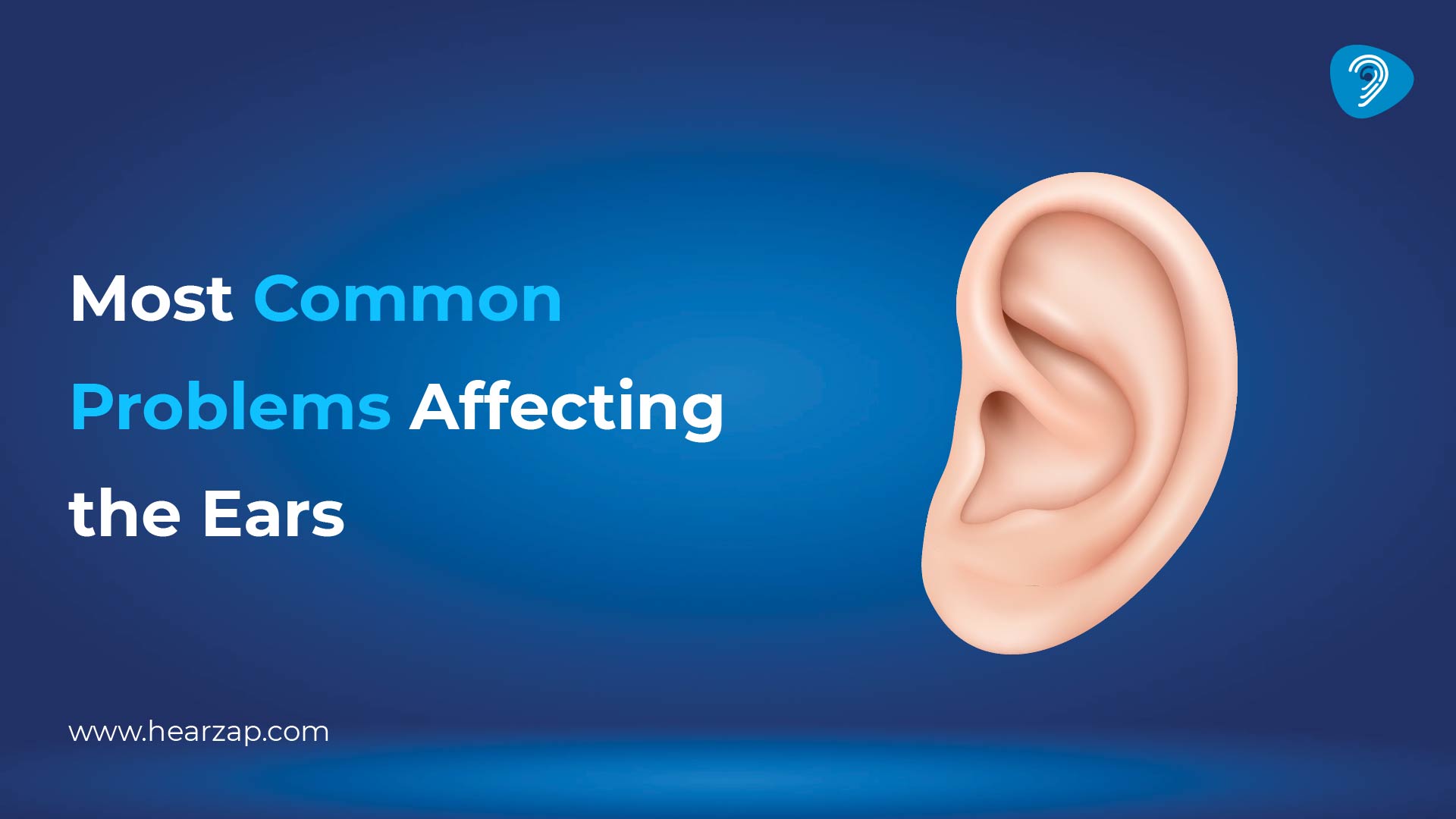
7 Common Problems Affecting the Ears
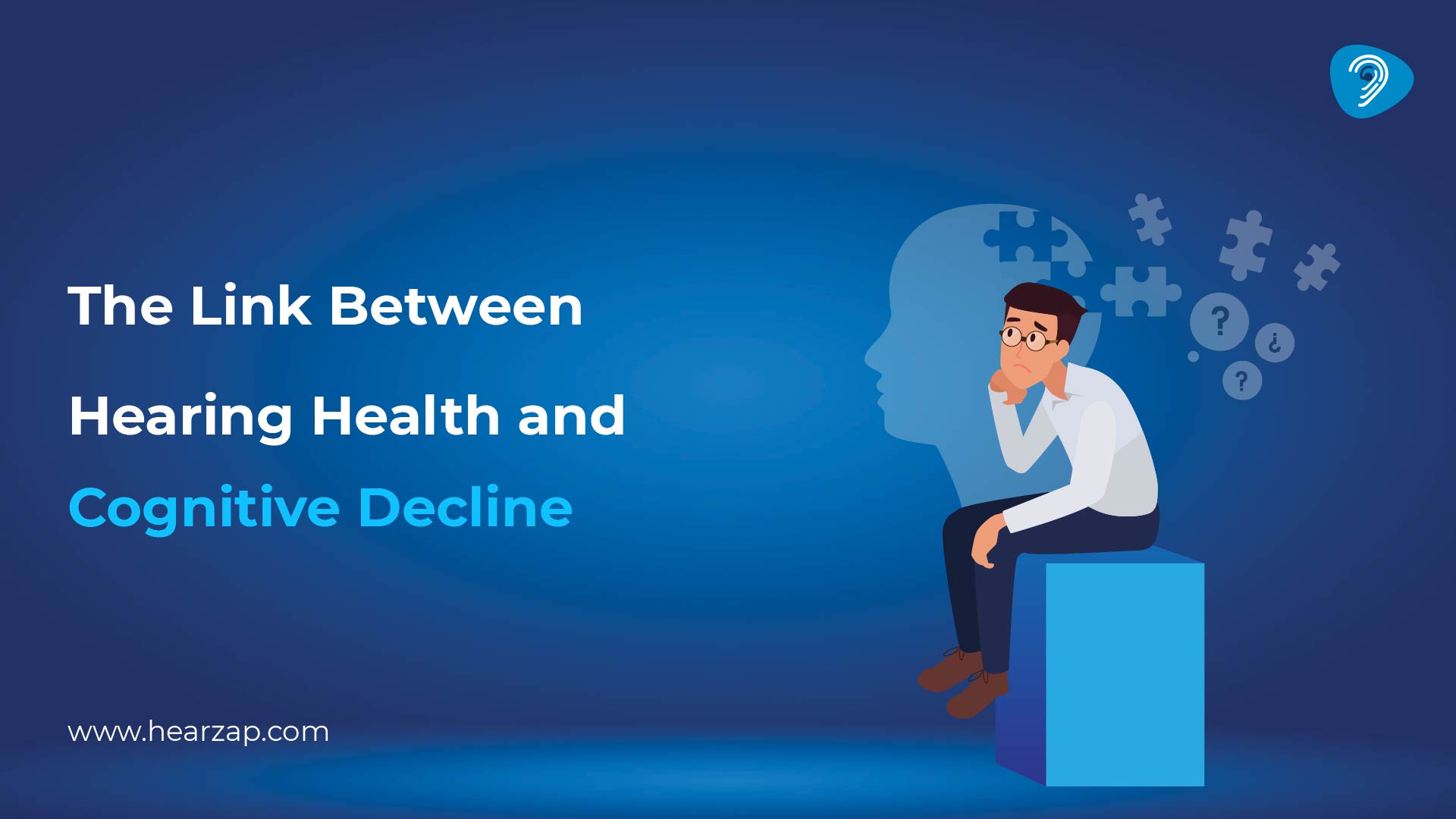
Hearing Health & Cognitive Decline: The Connection
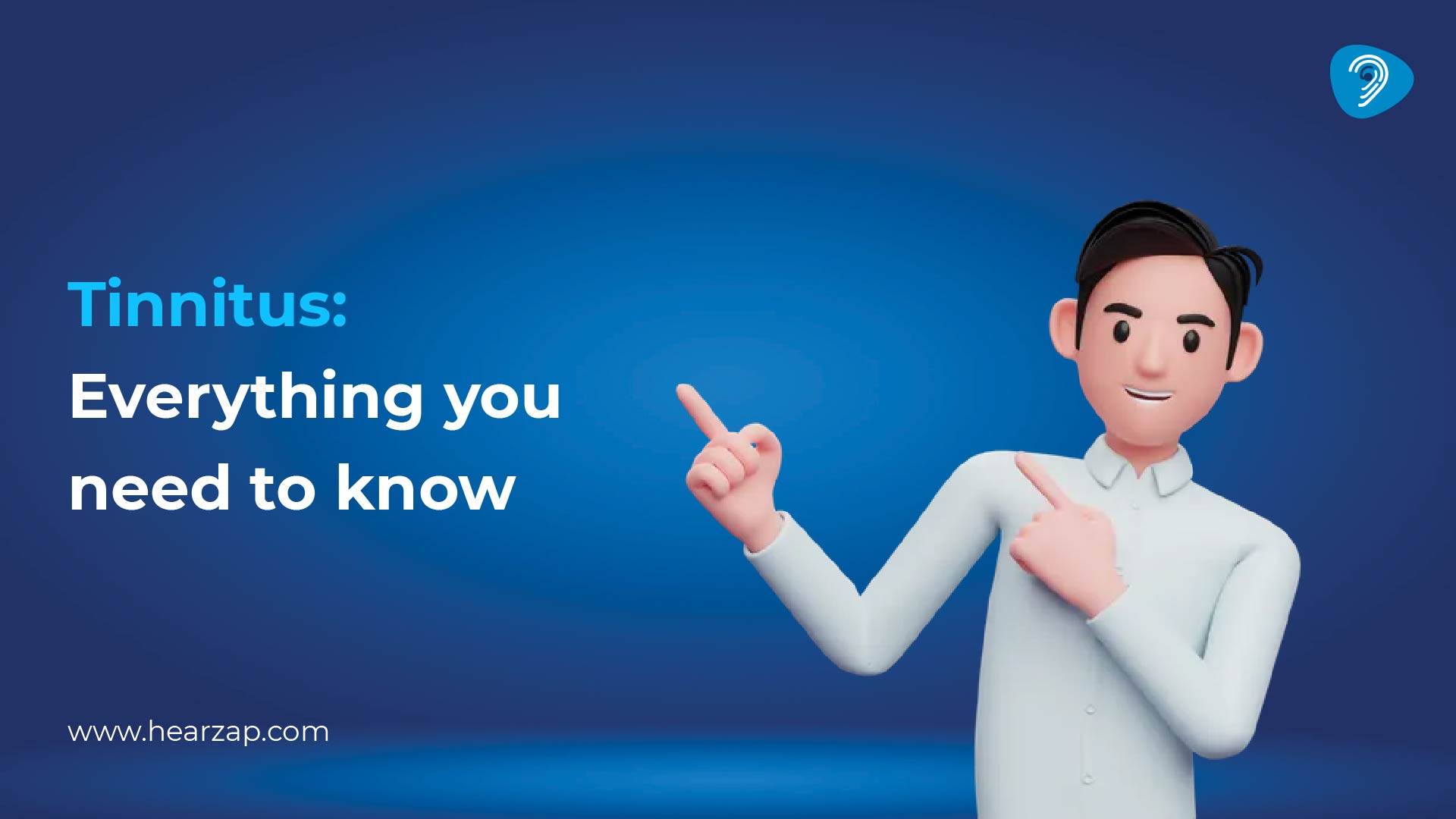
Tinnitus: Everything You Need to Know
Contact us
We are here for all your hearing needs, from hearing tests to hearing aids. Fill out the form below, and we will give you a call soon.
Please enter a valid mobile number with 10 digits.
Recent Blogs
By None | Dec. 26, 2025
By None | Dec. 23, 2025
By None | Dec. 22, 2025
By None | Dec. 20, 2025
By None | Dec. 19, 2025









